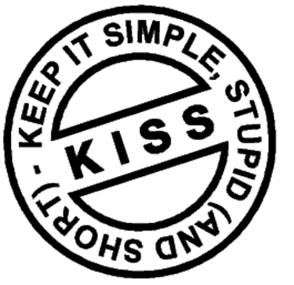If you're a fan of The Walking Dead, this blog on connecting career seeking lessons to the show will get you as excited as Rick's reunion with his baby Judith.
I know...how can a show about the zombie apocalypse possibly have ANY lessons for career seekers? Well, I've got three nuggets for you:
"But I need your help. 'Cause I can't do it by myself. And even if I catch up to Bob, we can't do it alone." Maggie Greene knew that even in times of survival, she couldn't find Glenn without help. Finding your next career move is the same thing - you can't do it alone, so NETWORK! Who are the top three to five people you can count on in your network? Talk to them immediately to help you reflect on your strengths, growth areas, and how other people perceive you. Don't wait for a zombie to come up behind you to let you know. :)
"Get one thing straight. You're staying? This isn't a democracy anymore." Rick Grimes knew that in times of crisis, waiting to get consensus when zombies are attacking you at all hours isn't the way to keep the group alive. Leadership is contextual. As a leader, what kind of work culture are you looking for? Then based on your strengths and growth areas, are you the kind of leader to match what that culture needs to move forward?
"Sanctuary for all. Community for all. Those who arrive, survive." This was the broadcast from Terminus, the supposed sanctuary for The Walking Dead group. They were welcomed with open arms, but once inside, they soon learned that the Terminus group didn't have their best interests at heart. Do your research. When researching organizations, ask around to people who currently work there, and have worked there recently. It's important to not just hear the good...but the not so good. Come up with a list of questions to ask each person.
I'd love to hear if you've gathered leadership lessons from any other shows! As you watch your next show on DVR, think about what leadership do's and don'ts you're viewing!








